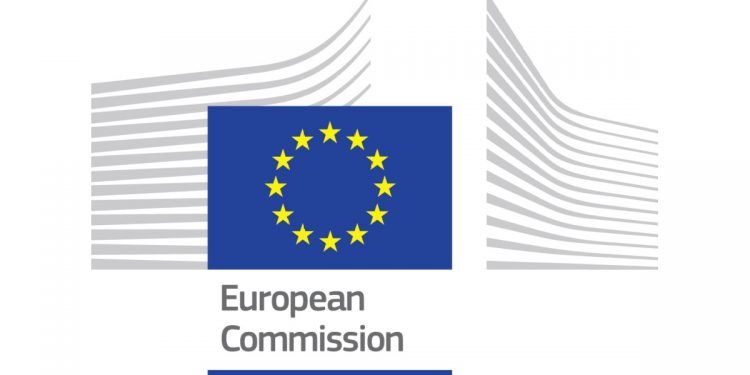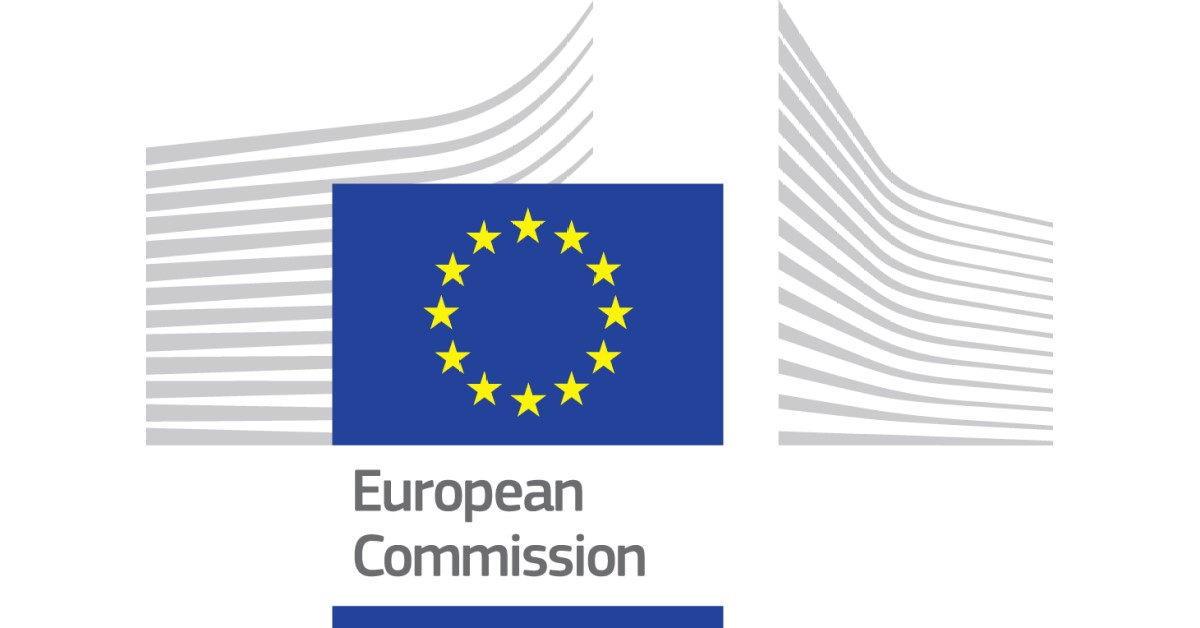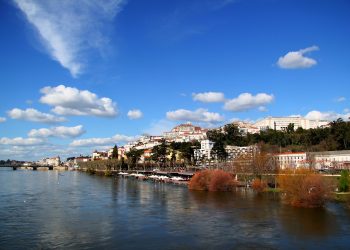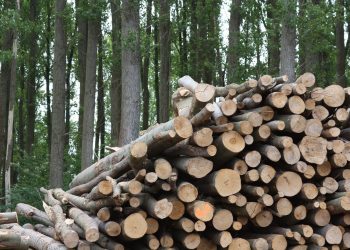What role will the organic sector play in the Green Deal, and more specifically the Farm to fork and biodiversity strategies?
Organic farming is a type of farming supported by the Common Agricultural Policy (CAP) that can help deliver on the sustainability of food production and consumption, whilst also contributing to the protection of nature and reversing the degradation of ecosystems. Organic farming responds to the growing societal demands for quality food produced with high environmental, biodiversity and animal welfare standards. The latter is recognised by the proposals for the future CAP and by the Farm to Fork and Biodiversity strategies. Both strategies therefore include the target of reaching 25% of agricultural land under organic farming in the EU.
The organic farming target is set in conjunction with other targets set out in the Farm-to-Fork and Biodiversity Strategies: in particular, the reduction of the use and risk of pesticides by 50%, and the dedication of 10% of the agricultural area to high-diversity landscapes, which facilitates alternatives to chemical pest control as required in organic farming.
This target reflects the ambition to stimulate organic farming in the EU, which holds great potential for farmers and consumers alike. The benefits of organic farming are associated with its positive impact on the biodiversity, higher returns for the farmers and growing interest from the consumers who recognise its value.
What does the action plan for organic farming consist of?
The upcoming Action Plan aims to accompany the sector in its growth, with the aim of achieving the Farm to Fork and the Biodiversity strategies’ target of at least 25% of European agricultural land under organic farming by 2030.
The Action Plan aims to help Member States stimulate both supply and demand of organic products, ensure consumer’s trust through promotion activities and green public procurement, and respond to the challenges in reaching the target.
It will be organised around three key angles: to stimulate demand for organic products while maintaining consumer trust; to encourage the increase of organic farming area in production in the EU and finally, to enhance the role of organic production in the fight against climate change, including sustainable resource management and the protection of biodiversity.
The action plan will complement the new legal framework for organic agriculture (Regulation (EU) 2018/848).
What tools does the CAP offer to support the sector?
The Commission will focus on stimulating both supply and demand for organic products in order to preserve its advantages and attractiveness for the farmers and to ensure that the Green Deal ambitions are met. To stimulate demand, the EU agri-food promotion policy will be a crucial instrument to promote organic products in the internal market as well as in third countries. In addition, other measures will be taken such as green public procurement and institutional procurement.
In terms of supporting organic agriculture, the new CAP offers to Member States a possibility to support both conversion to and maintenance of organic farming methods.
What are the key aspects of the new legal framework for organic farming?
The new organic rules will replace the current organics regulations. The rules will reflect the changing nature of this rapidly growing sector, also designed to ensure fair competition for farmers whilst preventing fraud and maintaining consumer trust through the following:
- production rules will be simplified through the phasing out of a number of exceptions and opt-outs;
- the control system will be strengthened thanks to tighter precautionary measures and robust checks along the entire supply chain;
- producers in third countries will have to comply with the same set of rules as those producing in the EU;
- organic rules will cover a wider list of products (e.g. salt, cork, beeswax, maté, vine leaves, palm hearts) and will have additional production rules (e.g. deer, rabbits and poultry);
- certification will be easier for small farmers thanks to a new system of group certification;
- there will be a more uniform approach to reducing the risk of accidental contamination from non-authorised substances;
- production in demarcated beds in greenhouses will be phased out.
What were the requests for a postponement of the entry into application of the new legislation based on?
The postponement was originally requested due to the complexity and importance of the secondary legislation to be adopted before the date of application of the new organic regulation.
These requests were based on two main arguments:
-The degree of detail of these rules and the diversity of the subjects covered require an intensive consultation process with stakeholders, the European Parliament and Member States. The work plan to adopt all secondary legislation was already very demanding, and the coronavirus crisis obliged all actors to concentrate their efforts on other pressing matters, slowing down the consultation process. This is why in particular the European Parliament asked for additional time to ensure a proper scrutiny of the secondary legislation.
-As most secondary acts would be adopted at the end of 2020, it would be very challenging to start applying a brand new regulation a few weeks or days after the publication of the last implementing and delegated acts, particularly in the context of the coronavirus crisis.
In addition, the postponement of entry into force of the new legislation is also important for third countries. It will ensure that they have enough time to adapt to the new rules and are able to continue exporting organic products to the EU.
What is the current legal framework for the Organics sector in the EU?
In 2007, the EU Council agreed Council Regulation 834/2007 setting out the principles, aims and overarching rules of organic production and defining how organic products should be labelled. This Regulation, still in force, is also complemented by several Commission implementing acts on the production, distribution and marketing of organic goods.
All these legislative acts are the legal basis that govern whether goods can be marketed as organic within the EU, including those that have been imported from non-EU countries. The regulations also define how and when the EU organic logo can be used. There are additional specific regulations governing aquaculture and wine production.




















































Discussão sobre este post